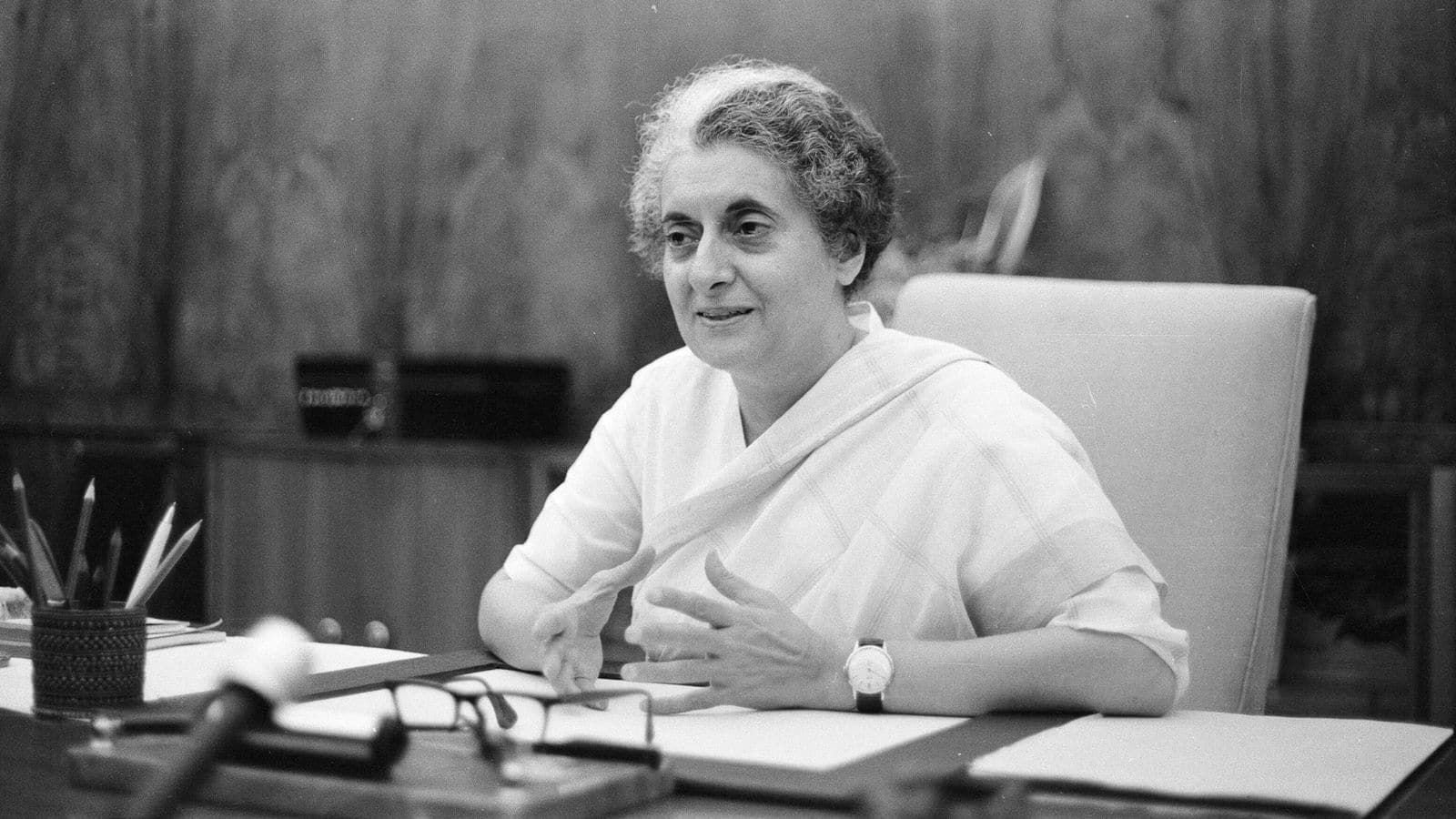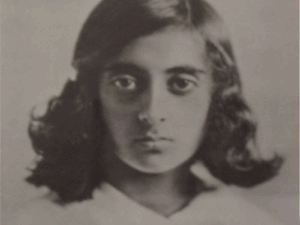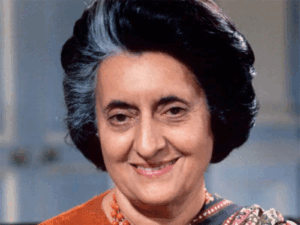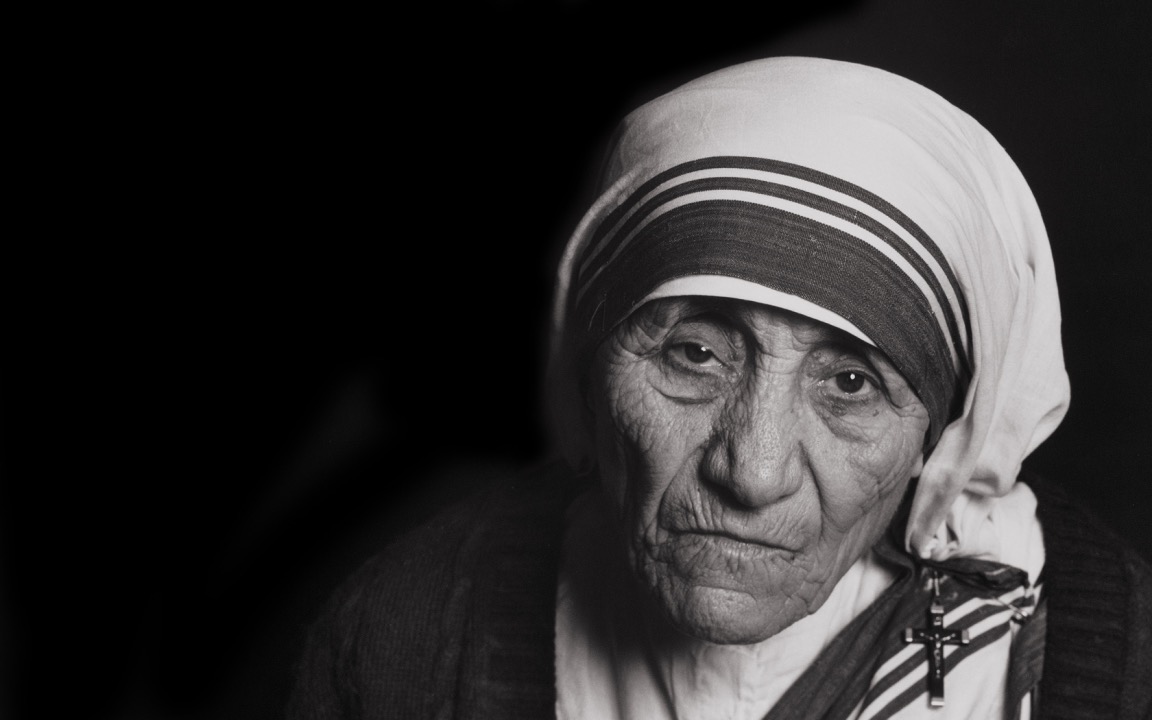Now Reading: Shradhanjali to Indira Gandhi
-
01
Shradhanjali to Indira Gandhi
Shradhanjali to Indira Gandhi

Shradhanjali to Smt. Indira Gandhi—Honouring a Legacy of Leadership and Sacrifice
Introduction: Remembering a Visionary Leader
India’s history has been shaped by many great leaders, but few have left a mark as profound and lasting as Smt. Indira Gandhi, the country’s first female Prime Minister. A symbol of strength, resilience, and vision, her legacy continues to inspire generations. On this page, we offer a heartfelt shradhanjali to Smt. Indira Gandhi, remembering her courage, political achievements, and service to the nation.
Who Was Smt. Indira Gandhi?
Smt. Indira Priyadarshini Gandhi was born on November 19, 1917, in Allahabad, into a family that was deeply involved in India’s freedom movement. Daughter of Pandit Jawaharlal Nehru, India’s first prime minister, she grew up in an environment of political awareness and national struggle. Indira Gandhi would go on to become one of the most influential leaders in Indian history.
Her Political Journey: From Daughter of Nehru to Prime Minister
Early Political Involvement
Indira Gandhi’s political career began when she assisted her father in managing the affairs of the Congress Party. She became known for her administrative abilities and was appointed President of the Indian National Congress in 1959.
Becoming Prime Minister
After Lal Bahadur Shastri’s untimely death in 1966, Indira Gandhi was chosen as the Prime Minister of India, becoming the first woman to hold this position. Her leadership style quickly evolved, and she began making bold decisions that defined her tenure.
Key Achievements of Indira Gandhi
1. Green Revolution
One of her most notable contributions was supporting the Green Revolution, which transformed India from a food-deficient country into a self-sufficient agricultural powerhouse.
2. Nationalization of Banks
In 1969, Indira Gandhi nationalised major banks to bring the financial sector under the government’s control, ensuring credit accessibility to rural India and small-scale industries.
3. 1971 Bangladesh Liberation War
Under her leadership, India provided critical support during the Bangladesh Liberation War, leading to the creation of Bangladesh. Her strategic decisions earned her the title “Durga,” symbolising divine strength.
4. Pokhran Nuclear Test (Smiling Buddha)
In 1974, India conducted its first nuclear test in Pokhran under her leadership, marking India’s entry into the nuclear club and asserting its sovereignty on the global stage.


Her Personality and Leadership Style
Indira Gandhi was known for her decisiveness, charisma, and unwavering resolve. She believed in a strong central government and was often viewed as an authoritarian figure. Despite criticism, her commitment to India’s growth and dignity was undeniable.
Her speeches and actions often reflected deep empathy for the poor, women, and marginalized sections of society. She was not only a stateswoman but also a symbol of modern Indian womanhood—bold, educated, and progressive.
Challenges and Controversies
No tribute is complete without an honest reflection on both triumphs and trials. Indira Gandhi’s tenure wasn’t free from controversies:
1. The Emergency (1975-1977)
Perhaps the most criticised phase of her career was the imposition of the Emergency in 1975. Civil liberties were suspended, the press was censored, and opposition leaders were arrested. While she claimed it was necessary for national stability, the move remains a debated part of her legacy.
2. Operation Blue Star
In 1984, she ordered Operation Blue Star to flush out militants from the Golden Temple in Amritsar. While the operation achieved its immediate goal, it also led to widespread unrest among the Sikh community.
Her Martyrdom and Legacy
On October 31, 1984, Smt. Indira Gandhi was assassinated by her bodyguards in retaliation for Operation Blue Star. Her death shocked the nation and sparked a wave of grief across India.
Millions of Indians mourned the loss of a leader who had become synonymous with strength and determination.
Why We Pay Shradhanjali to Indira Gandhi
1. A Woman Ahead of Her Time
At a time when politics was dominated by men, she emerged as a powerful force, proving that leadership has no gender. Her journey encourages countless women across India to pursue leadership roles.
2. Nation-Builder
Her bold reforms, economic policies, and international diplomacy strengthened India’s position globally. She envisioned a self-reliant India and laid the foundation for a modern republic.
3. Patriot to the Core
Her life was dedicated to the nation’s unity and sovereignty. Even when her actions were questioned, her intentions always stemmed from patriotism.
Indira Gandhi’s Enduring Influence
Institutions Named After Her
Indira Gandhi National Open University (IGNOU)
Indira Gandhi International Airport
Indira Gandhi Institute of Medical Sciences
These institutions are just a few examples of how her name continues to live on through national infrastructure and education.
Her Impact on Global Politics
Indira Gandhi maintained non-alignment but ensured India was never on the sidelines of global matters. She represented India at global summits and built strong relations with other nations.
Famous Quotes by Indira Gandhi
“Forgiveness is a virtue of the brave.”
“You cannot shake hands with a clenched fist.”
“There are two kinds of people: those who do the work and those who take the credit.”
These quotes continue to resonate with those who admire her political intellect and human values.
Final Thoughts: A Life Remembered
Paying shradhanjali to Smt. Indira Gandhi is not just about remembering a former Prime Minister—it is about honoring a visionary who shaped India’s destiny. Her life story is an inspiration, her leadership a case study, and her sacrifice a reminder of the cost of courage.
Let us continue to remember, reflect, and respect the life of one of India’s most powerful daughters.






